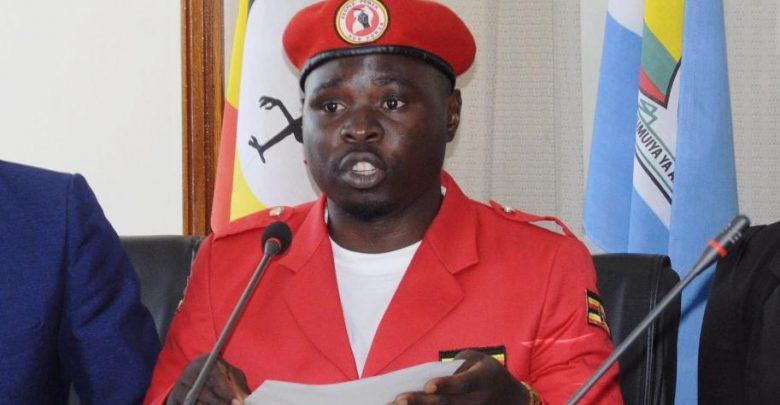Norbert Mao, the Minister of Justice and Constitutional Affairs, has cautioned against disregarding the recent sanctions imposed by the United Kingdom on Ugandan politicians, stressing their significant repercussions.
Mao emphasized that the issue should not be oversimplified, highlighting it as a vote of no confidence, including against Uganda’s judiciary.
Speaking on a panel hosted on X Spaces, moderated by Robert Kabushenga, Mao expressed concern over the UK’s lack of confidence in Uganda’s judicial system, particularly as cases involving the sanctioned individuals are still pending in court.
He urged against dismissiveness, stating that Uganda should take this issue seriously as it reflects a wake-up call for the country.
Mao noted that while the UK has sanctioned numerous individuals globally, Uganda faces a unique situation, with the Speaker of Parliament, Anita Among, being the highest-ranking official on the list.
He described the situation as challenging for Uganda, contrasting it with how sanctions are perceived in other countries like Russia, where they may be seen as a badge of honor.
The UK’s sanctions targeted Among, along with two former ministers, Mary Kitutu and Agnes Nandutu, for their alleged involvement in corruption related to the misappropriation of iron sheets meant for vulnerable communities in the Karamoja region.
Kitutu and Nandutu have been charged with corruption in Uganda, with their cases still pending in court. However, the UK’s sanctions impose travel bans and asset freezes on them.
Parliament spokesperson Chris Obore addressed the sanctions against the Speaker, attributing them to British discontent over Uganda’s anti-homosexuality law. He dismissed the corruption allegations as politically motivated.
The UK’s anti-corruption regime, established in 2021, has sanctioned individuals and entities from various countries, including Russia, South Sudan, and Venezuela, highlighting its global reach in combating corruption.




















